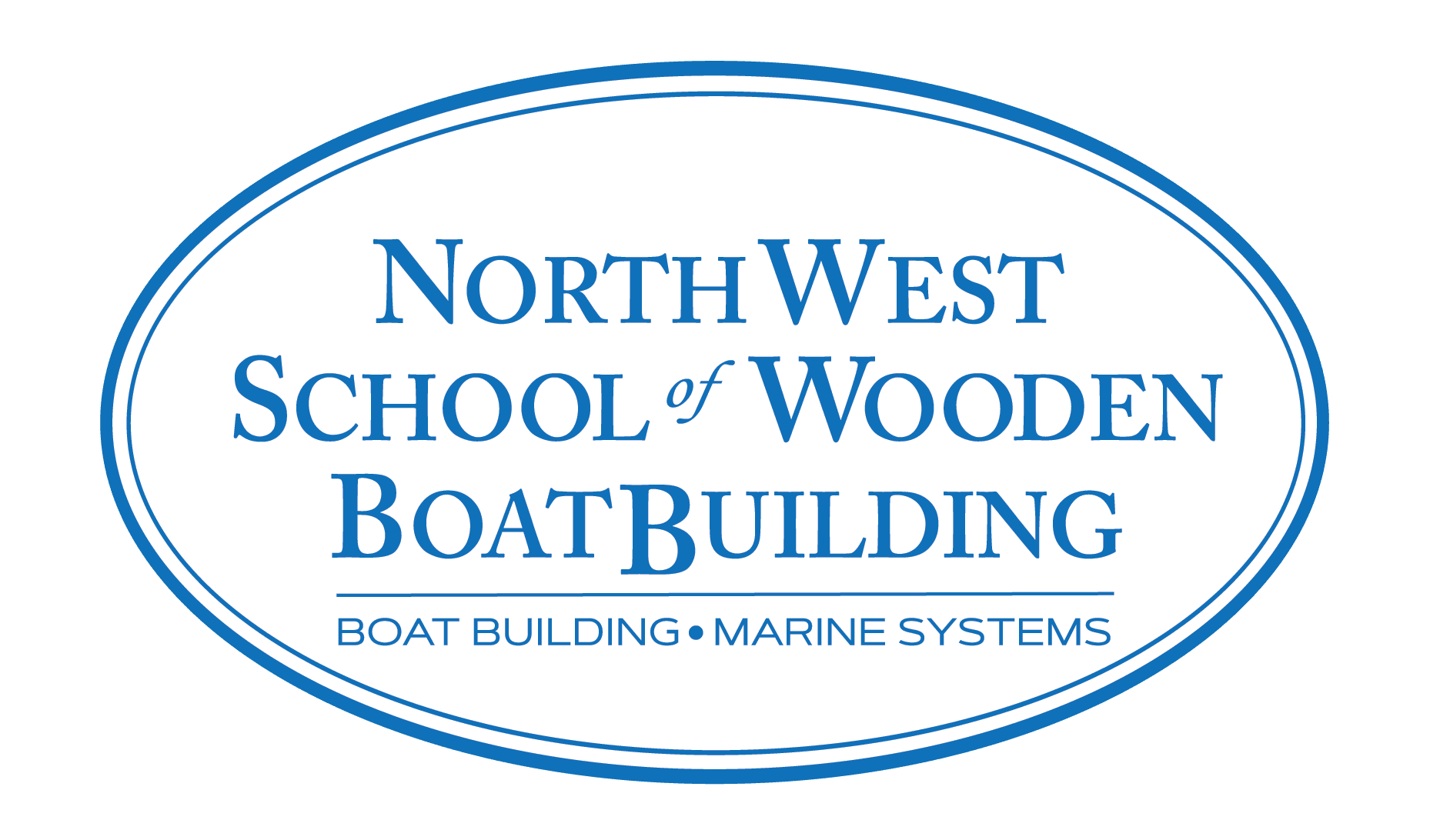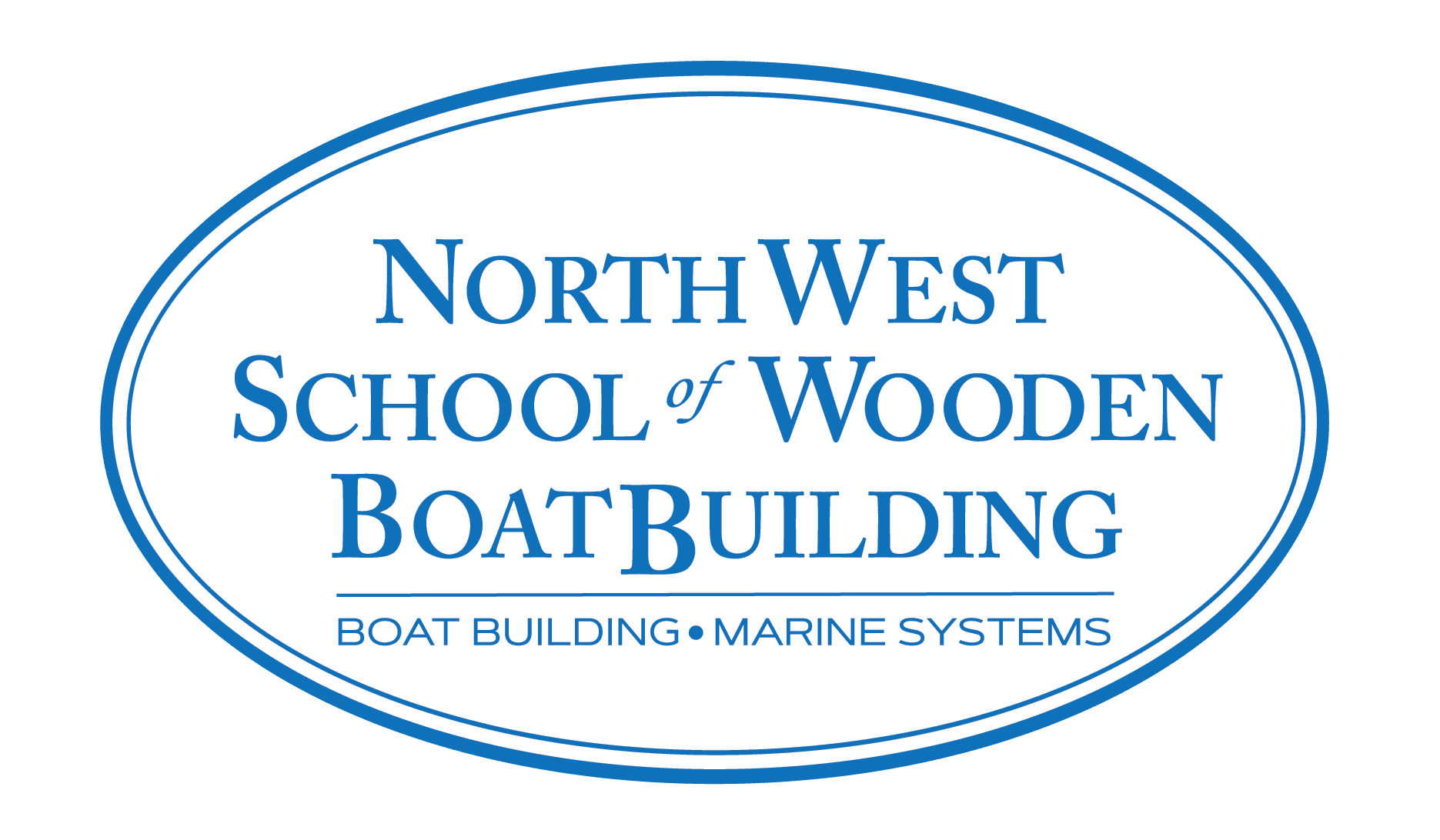- Class Full - Call or Email for Waitlist | July 14-18, 2025
- Monday - Friday | 8:00 AM - 5:00 PM
- 1,450.00
Course description
As a student you will learn how to properly conduct a corrosion survey aboard vessels of varying hull types and learn enough basic electrical and corrosion fundamentals to understand how a boat’s electrical system affects corrosion aboard. You will learn about environmental factors that promote corrosion and affect the rate of corrosion and about cathodic protection and how it’s appropriately applied. You will also practice taking corrosion potentials aboard a variety of vessels. If you wonder whether the class is right for you, feel free to contact instructor Kevin Ritz at [email protected] or (503) 709-5649.
The school provides tools and components for demonstrations and hands-on practice. Students will learn using a marine electrical systems simulator and will build a marine electrical board with multiple components. Students will also learn how to use digital voltmeters, clamp meters, wire termination tools, and other test equipment.
The Marine Systems Intensives provide both conceptual and hands-on instruction. Students will handle system components, watch demonstrations, learn to describe a system’s components and how they function, and will be able to perform specific tasks using industry best practices
Students learn how to:
- Describe the basics of corrosion processes.
- Describe and use the galvanic series chart.
- Take proper electric potential readings aboard a vessel.
- Differentiate material properties of different alloys and their specific corrosion issues.
- Recognize the effects of the AC Shore power cord on the hull potential.
- Use a variety of specialized equipment used in the corrosion survey.
- Properly test galvanic isolators and understand their function.
- Identify the advantages and disadvantages of polarization and isolation transformers.
- Take corrosion preventative measures for hull materials such as wood, aluminum, steel and fiberglass.
- Describe galvanic corrosion processes.
- Describe stray current processes.
- Recognize and prevent a variety of corrosion types.
- Select and use specialized equipment for prevention of corrosion.
- Describe the appropriate application of specific sacrificial anode types.
- Complete a corrosion survey and advise the boat owner on appropriate preventive measures.
- Understand the benefit of coating systems to prevent corrosion and reduce the amount of cathodic protection required.
If minimum enrollment is not met our policy is to cancel a class 14 days before the start date. A full refund will be given in the event a workshop is cancelled by the school. Please keep this policy in mind when making your travel arrangements.
Intensives Cancellation Policy by Student:
A student may cancel enrollment without cause. The cancellation notice must be in writing. If a student cancels prior to the start of the course, the school may retain a registration fee of $100. If the student cancels during the course, the following refund schedule will apply:
Refund Schedule:
| If the student completes this amount of training: | The School will keep this percentage of the tuition: |
| One day or up to 10%, whichever is less; | 10% Retained |
| More than one day (or 10%), whichever is less, but less than 25%; | 25% Retained |
| 25% through 50%; | 50% Retained |
| More than 50%; | 100% Retained |
Before your intensive start date, you will receive an email with additional information about the course, including where to meet, what to bring, what to wear, and local lunch options.


